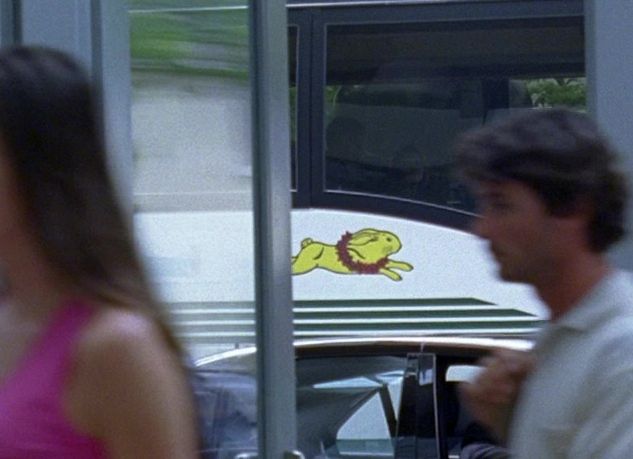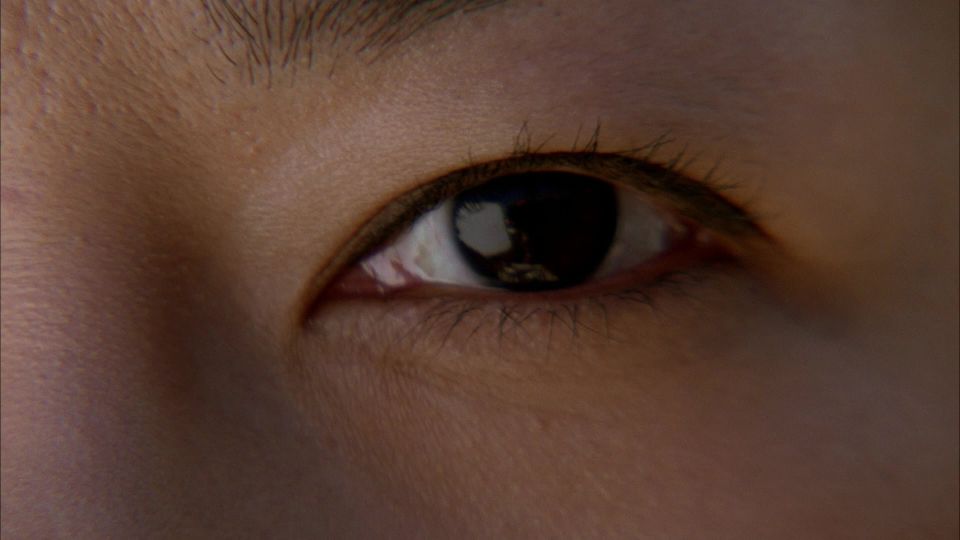Lost Exegesis (House of the Rising Sun) — Part 2
 Part 1 of the essay can be found here. Unlike that part, this one will have spoilers of future episodes.
Part 1 of the essay can be found here. Unlike that part, this one will have spoilers of future episodes.
Watership Down
I have to admit, I was wrong. In the White Rabbit entry I claimed that Watership Down was in four straight episodes. It is not. But have no fear, it will appear again. Nonetheless, we might consider that the book has been “invoked” by virtue of the rabbit on the bus outside the airport terminal where Sun decides to stay with Jin. As such, we will continue to explore this rather delightful tale.
In terms of plot, Part 2 of Watership Down doesn’t have much to do with House of the Rising Sun, but there are a couple of interesting resonances. For example, the rabbits, led by Hazel, form a new warren which they dig out underneath the roots of a massive tree. They call their new home The Honeycombe. So we have a convergence of bee symbolism, the World Tree, and “caves,” just like this episode.
The rabbits make friends with a large bird, Kehaar, who speaks with a thick accent and performs reconnaissance for them. They use this to their advantage when they realize they have no females amongst them (they are all “bucks”) and decide to go raiding other locations to find “does” – to basically steal females from other warrens. Well, one warren is run under martial law, while the other is just a girl’s rabbit hutch on a farm. Two “away teams” split off (hmm). One returns empty-handed, lucky to be alive, thanks to the timely intervention of a train (which is actually kind of how the Island’s “monster” sounds). The other leads to the wounding of their leader, Hazel, who nearly dies before he’s rescued by his brother. After this encounter, he decides he’s going to lead his rabbits to raid the militarized “other” warren and steal their “mothers,” effectively splitting his own “hive” as not everyone agrees with him.
There’s a couple of interesting broader-scale themes that emerge in this part of the book that are relevant to LOST. First, the question is raised on what it’s like to live “naturally,” with the farm-hutch rabbits and the militarized “other” warren used for contrast. And this of course applies to how the Losties are organizing themselves in a “state of nature,” as it were,. What kind of political system are they setting up? Leadership by the most dynamic individuals, for the most part, just like Watership Down’s rabbits, but with everyone pretty much free to do as they please. It’s a question and answer that’s actually brought up by the historical John Locke, so this fits nicely into the larger pattern of philosophical thoughtfulness that LOST has already staked out.
Secondly, there’s the matter of rabbit mythology. After Hazel’s near-death experience, his brother Fiver (the mystic) ruminates on the possibility of “another world”:
…“Hrairoo,” said Hazel one evening, “what would we have done without you? We’d none of us be here, would we?”

 It’s been a while since we had one of these LOST Exegesis posts! So sorry for the delay. It couldn’t be helped. And not just the nearly two months since the last one of these — I had trouble accessing Eruditorum Press last night. Anwyays, enough excuses. It’s been a while. As such, please remember that Part 1 of the essay is spoiler-free. For those who’ve seen the entire series, the second part of the essay, titled “Through the Looking Glass” (and appearing next week in the second part of this massive post), applies foreknowledge to the episode at hand.
It’s been a while since we had one of these LOST Exegesis posts! So sorry for the delay. It couldn’t be helped. And not just the nearly two months since the last one of these — I had trouble accessing Eruditorum Press last night. Anwyays, enough excuses. It’s been a while. As such, please remember that Part 1 of the essay is spoiler-free. For those who’ve seen the entire series, the second part of the essay, titled “Through the Looking Glass” (and appearing next week in the second part of this massive post), applies foreknowledge to the episode at hand.